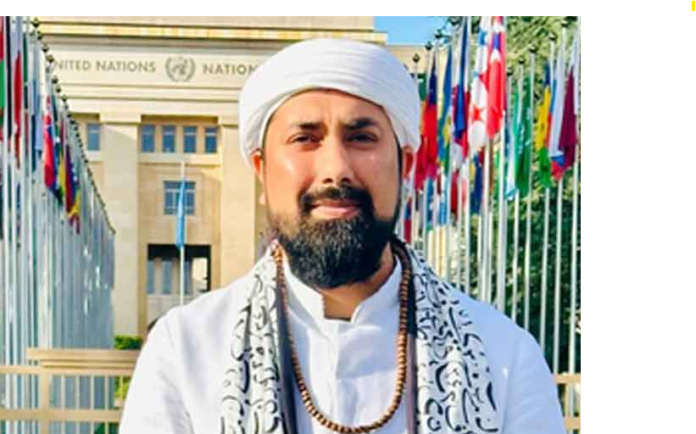Ajmer Sharif Dargah chief, Haji Syed Salman Chishty, has welcomed the Waqf Amendment Bill, set to be introduced in Parliament, as a “crucial reform” while also raising concerns over the “lack of transparency” in the current functioning of Waqf Boards.
Chishty emphasized that the Bill aims to resolve several longstanding issues affecting Waqf institutions, prompting Union Minister Kiren Rijiju to respond on X (formerly Twitter). Rijiju highlighted the need for reform and accountability, sharing Chishty’s views, and stating that ensuring Waqf serves its intended purpose would benefit both the Muslim community and society at large.
In an opinion piece published in The Hindu, Chishty outlined the potential benefits of the Bill and shed light on inefficiencies plaguing the Waqf Board, which he described as a “significant yet underutilized” institution. He stressed that Waqf has the capacity to uplift the socio-economic conditions of Muslims by establishing and maintaining schools, hospitals, libraries, and other charitable institutions. However, he lamented that the Board has been hindered by mismanagement and a lack of transparency.
Despite Waqf’s intended role in empowering Muslims, Chishty noted that the community continues to face challenges in education, healthcare, and overall socio-economic progress. He expressed concern that vast Waqf resources remain underutilized, with mismanagement preventing their effective deployment for community welfare.
The Waqf (Amendment) Bill, 2024, he stated, seeks to tackle these systemic issues. He underscored the need for reforms, citing widespread consensus within the Muslim community regarding the misuse of Waqf properties by certain custodians (mutawallis) and inefficiencies that have limited the Waqf Board’s ability to maximize its assets.
Chishty also referenced the Sachar Committee Report (2006), which estimated that Waqf properties could generate an annual income of ₹12,000 crore. He pointed out that updated estimates, considering inflation, suggest this figure could be as high as ₹20,000 crore today, yet the actual revenue remains a mere ₹200 crore. Efficient management, he argued, could transform these properties into a funding source for world-class institutions.
Urging a broader understanding of welfare within the Muslim community, he stated that welfare should not equate to “free, run-down institutions” but should instead focus on sustainable development. He emphasized that the Bill presents an opportunity for a comprehensive overhaul of Waqf governance and administration, aiming to create a more accountable and transparent system for the greater good of the community.



